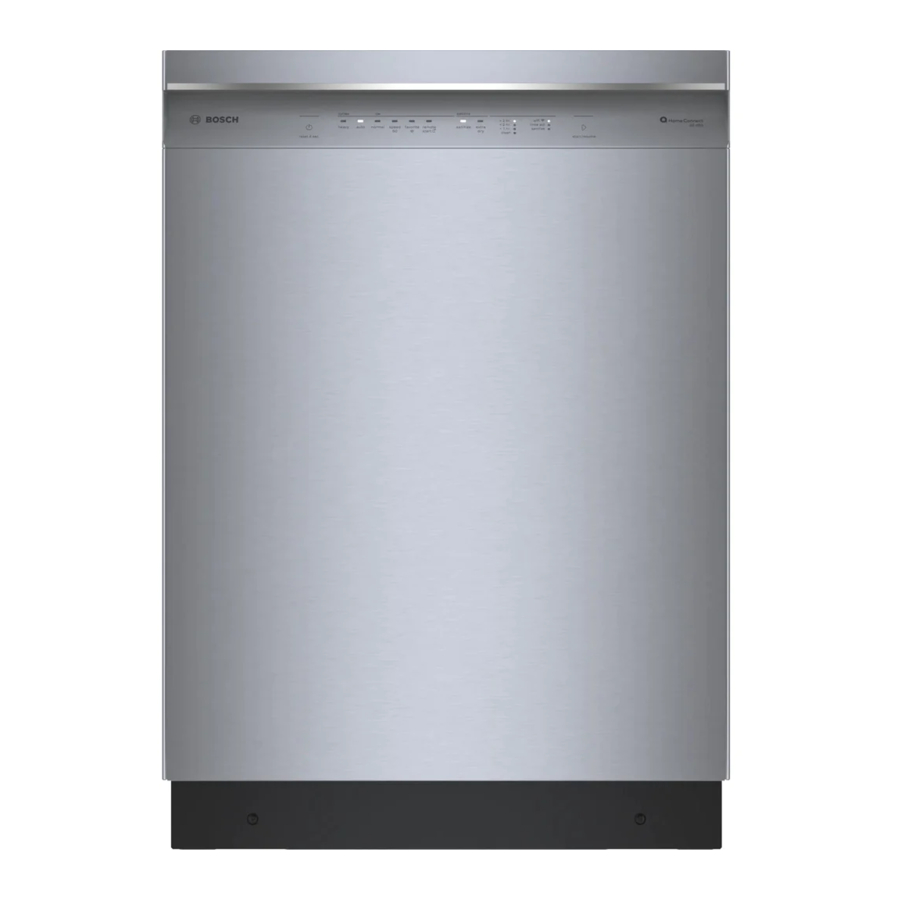Bosch FAP-OC 500Series Benutzerhandbuch - Seite 11
Blättern Sie online oder laden Sie pdf Benutzerhandbuch für Backofen Bosch FAP-OC 500Series herunter. Bosch FAP-OC 500Series 48 Seiten. Built-in wall ovens
Auch für Bosch FAP-OC 500Series: Installationsanleitung Handbuch (21 seiten), Gebrauchsanweisung Handbuch (40 seiten), Installationshandbuch (6 seiten), Informationen zum Produkt (40 seiten), Installationshandbuch (28 seiten), Benutzerhandbuch (48 seiten), Installationshandbuch (28 seiten), Handbuch für Gebrauch und Pflege (44 seiten), Installationshandbuch (32 seiten), Gebrauchs- und Pflegeanleitung / Installationsanleitung (40 seiten), Kurzreferenz-Handbuch (4 seiten), Handbuch für Gebrauch und Pflege (27 seiten), Installationshandbuch (24 seiten), Installationshandbuch (32 seiten), Handbuch für Gebrauch und Pflege (24 seiten), Installationshandbuch (28 seiten), Service-Handbuch (41 seiten), Handbuch für Gebrauch und Pflege (21 seiten), Installationshandbuch (32 seiten), Service-Handbuch (36 seiten), Installationshandbuch (32 seiten), Schnellstart- und Sicherheitshandbuch (13 seiten)

